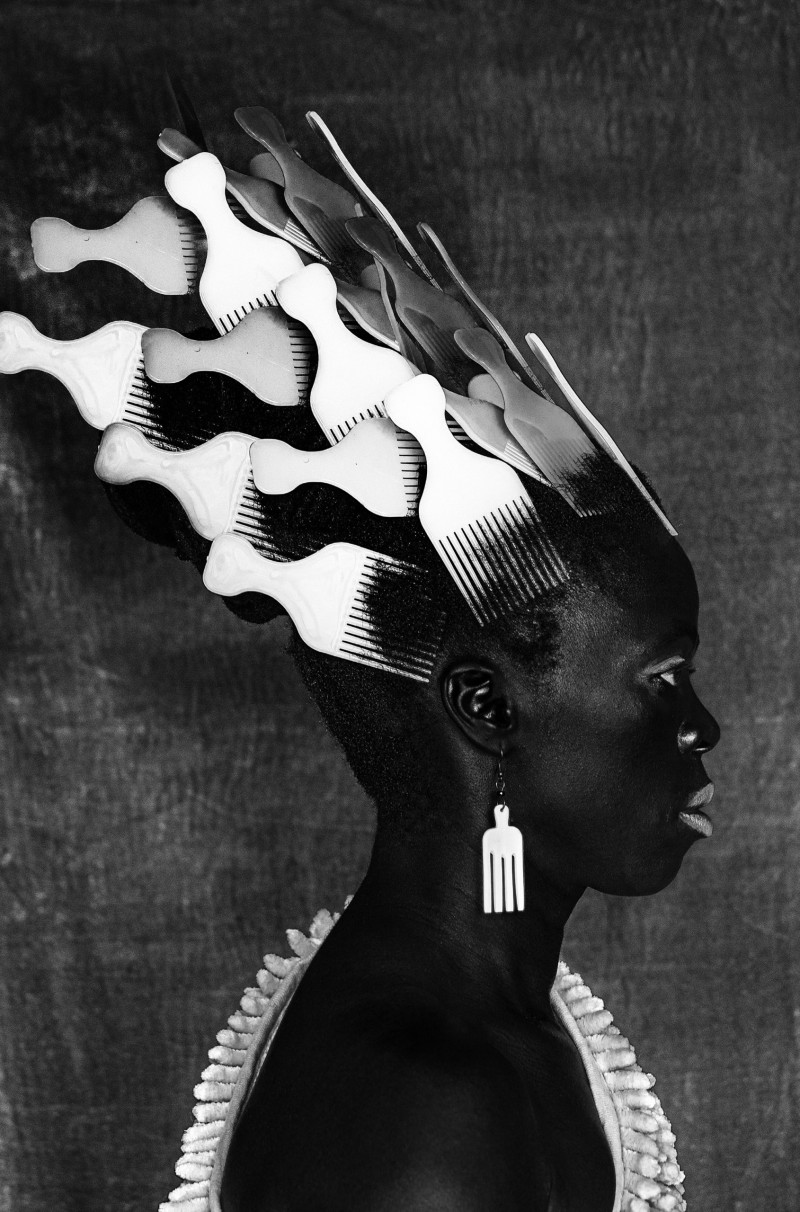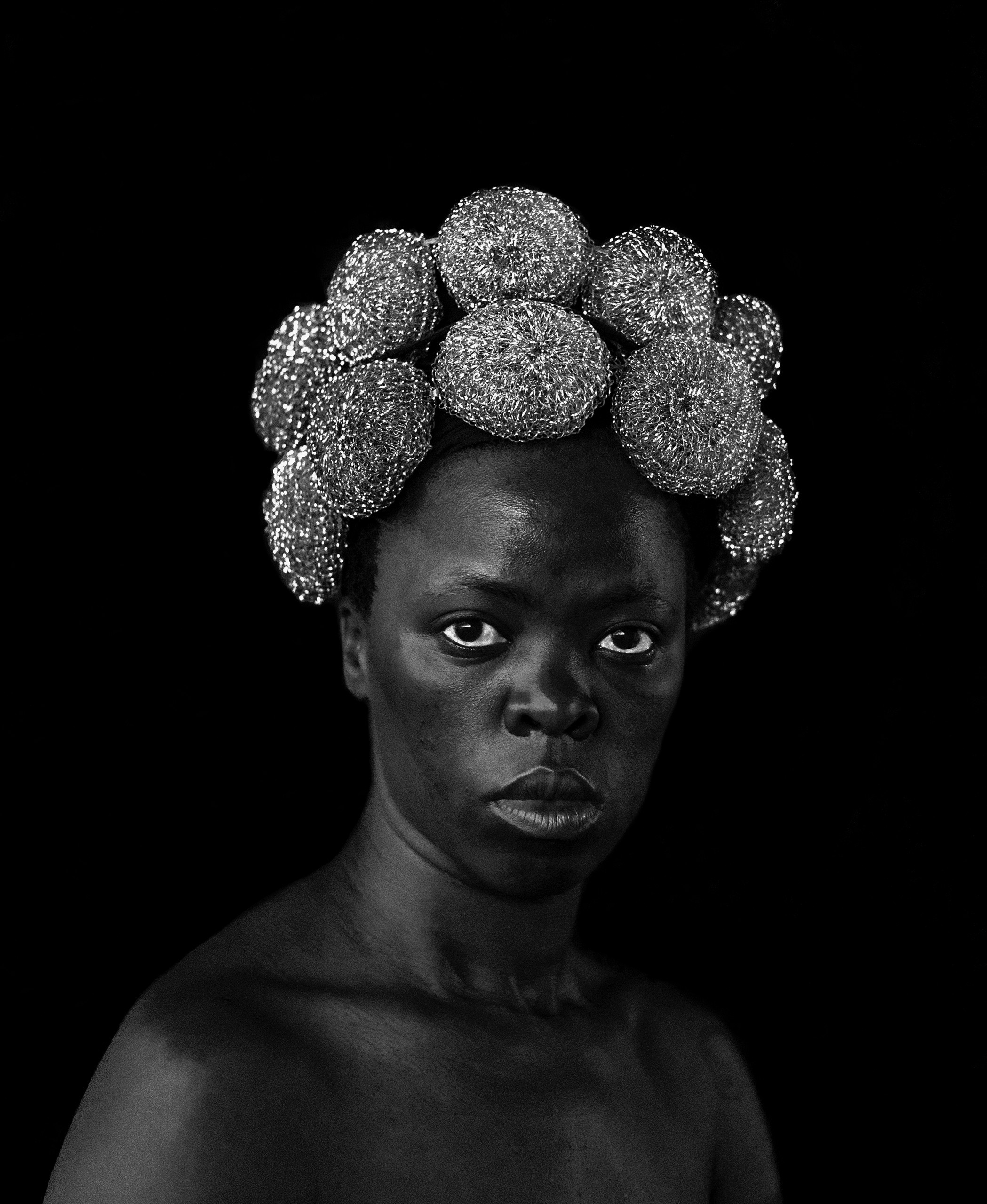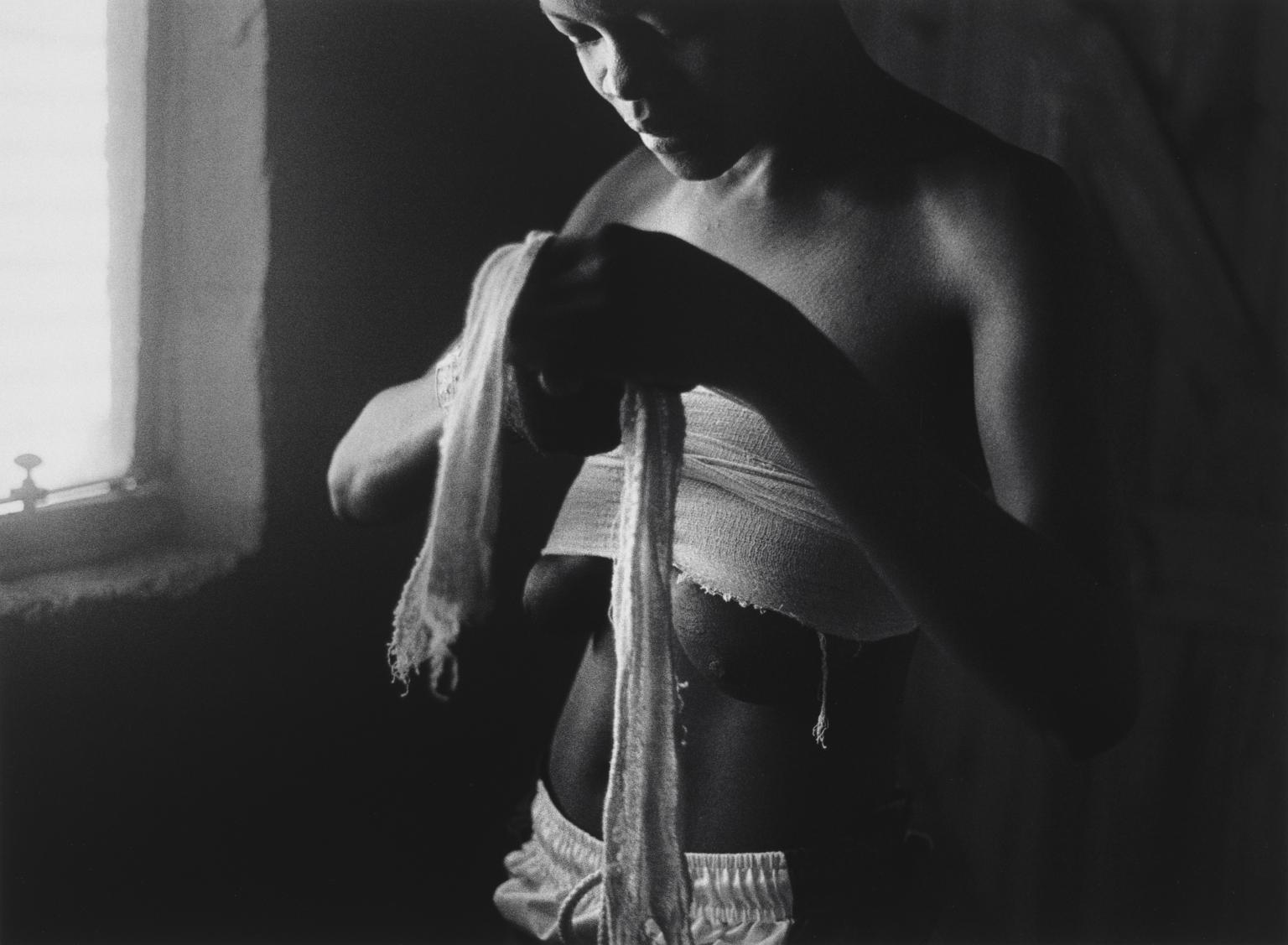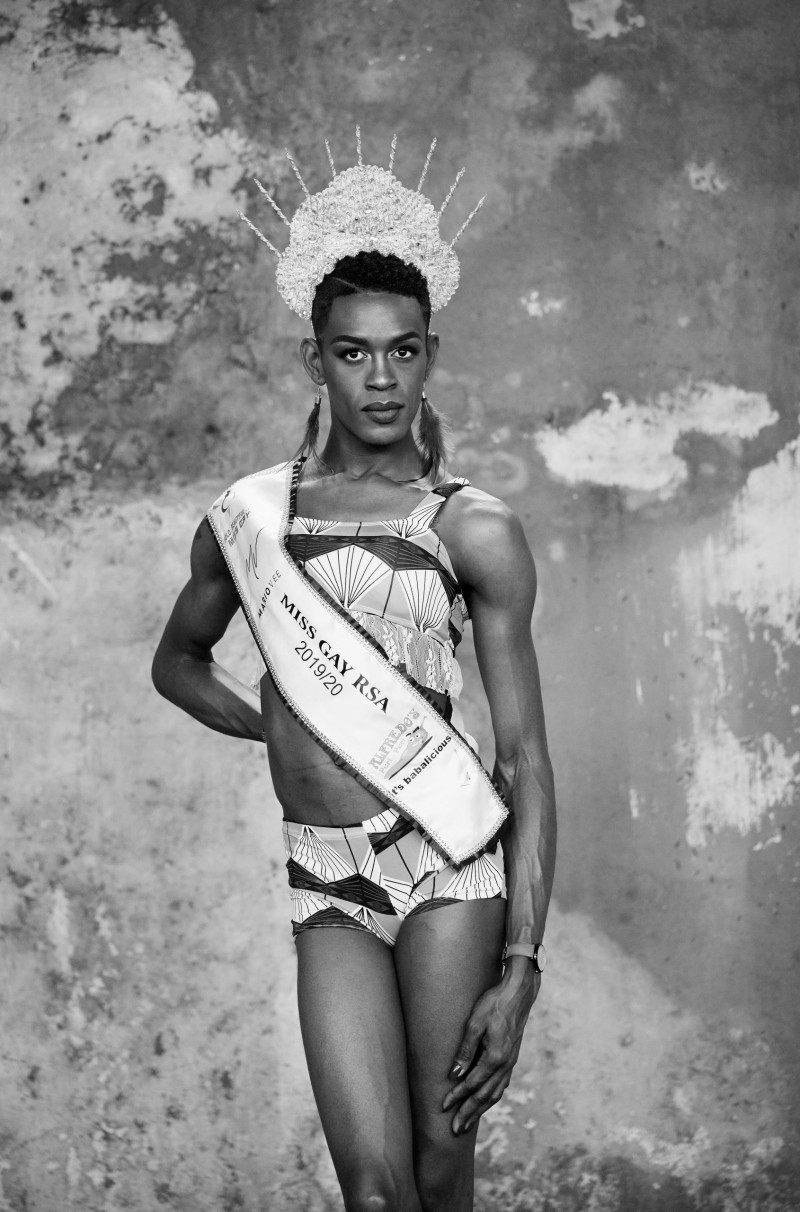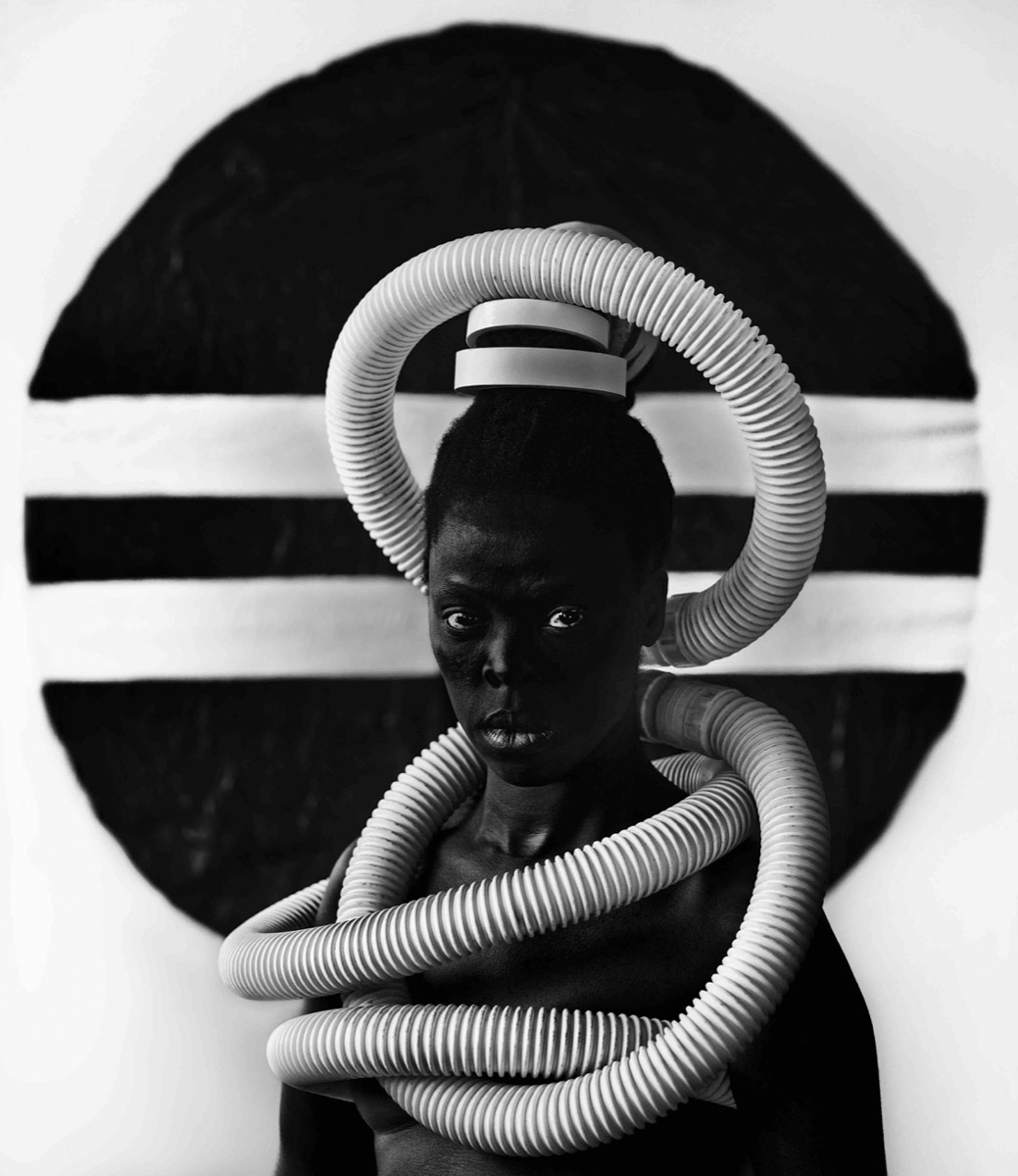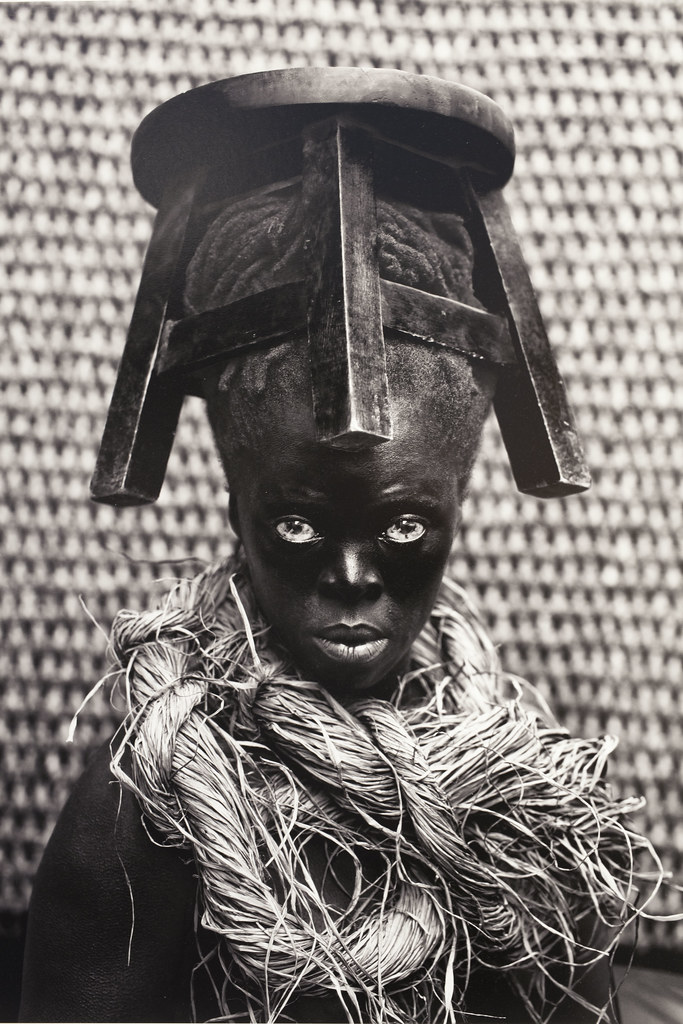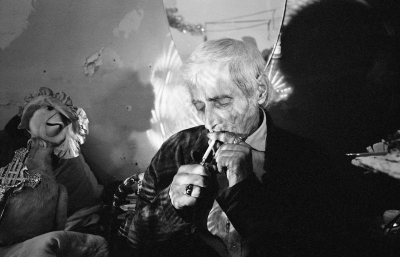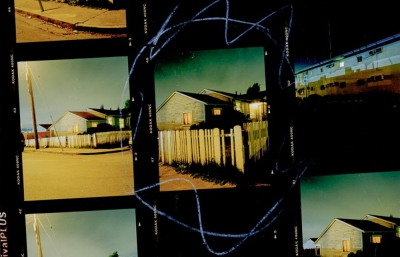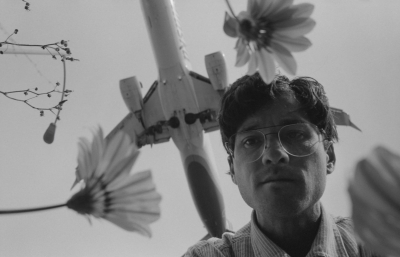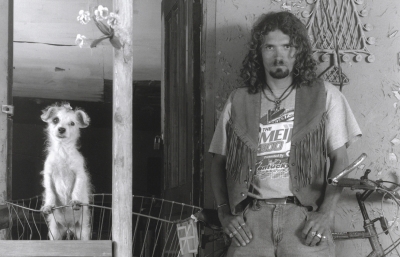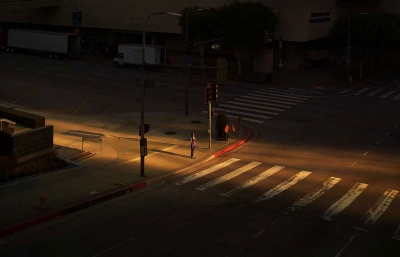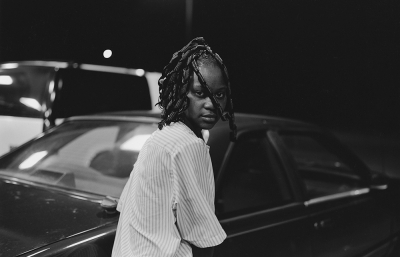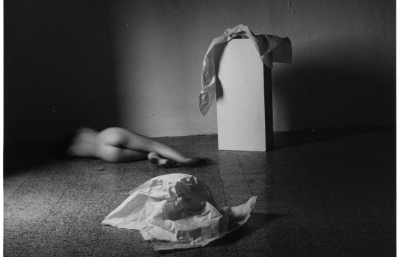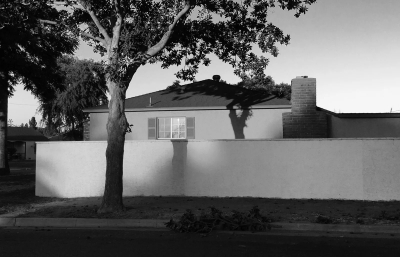Zanele Muholi, who defines themself* as a "visual activist," uses the camera as a tool to confront and repair injustice. During the 1990s, South Africa underwent significant social and political change. Democracy was established in 1994 with the abolition of apartheid; this was followed by a new constitution in 1996, the first in the world to outlaw discrimination based on sexual orientation. Despite this progress, the Black LGBTQIA+ community remains the target of violence and prejudice to this day.
A new major retrospective of the artist's work at the European House of Photography (MEP) brings together more than 200 photographs and videos created since the early 2000s as well as numerous archival materials, covering the full breadth of Muholi's career to date and honouring one of the most acclaimed artists working today.
Muholi is deeply involved in this community, and their photographic work is inseparable from their life and their activism. Telling stories that are both individual and collective, the artist hopes to give visibility to their community while challenging conventional stereotypes and representations. Bringing to light the uniqueness and diversity of the individuals they picture, Muholi emphasizes their courage and dignity in the face of intolerance and discrimination.
Muholi’s work is created through a collaborative process. They refer to the people they photograph as active “participants” in the work rather than “subjects”; the portrait’s location, clothing and pose are determined together. At times, the artist also turns the camera lens on themself, calling into question the image of Black women in history.
These photographs encourage viewers to address their own misconceptions. Together they create a new lexicon of positive imagery for under- and misrepresented communities, promoting mutual understanding and respect.

